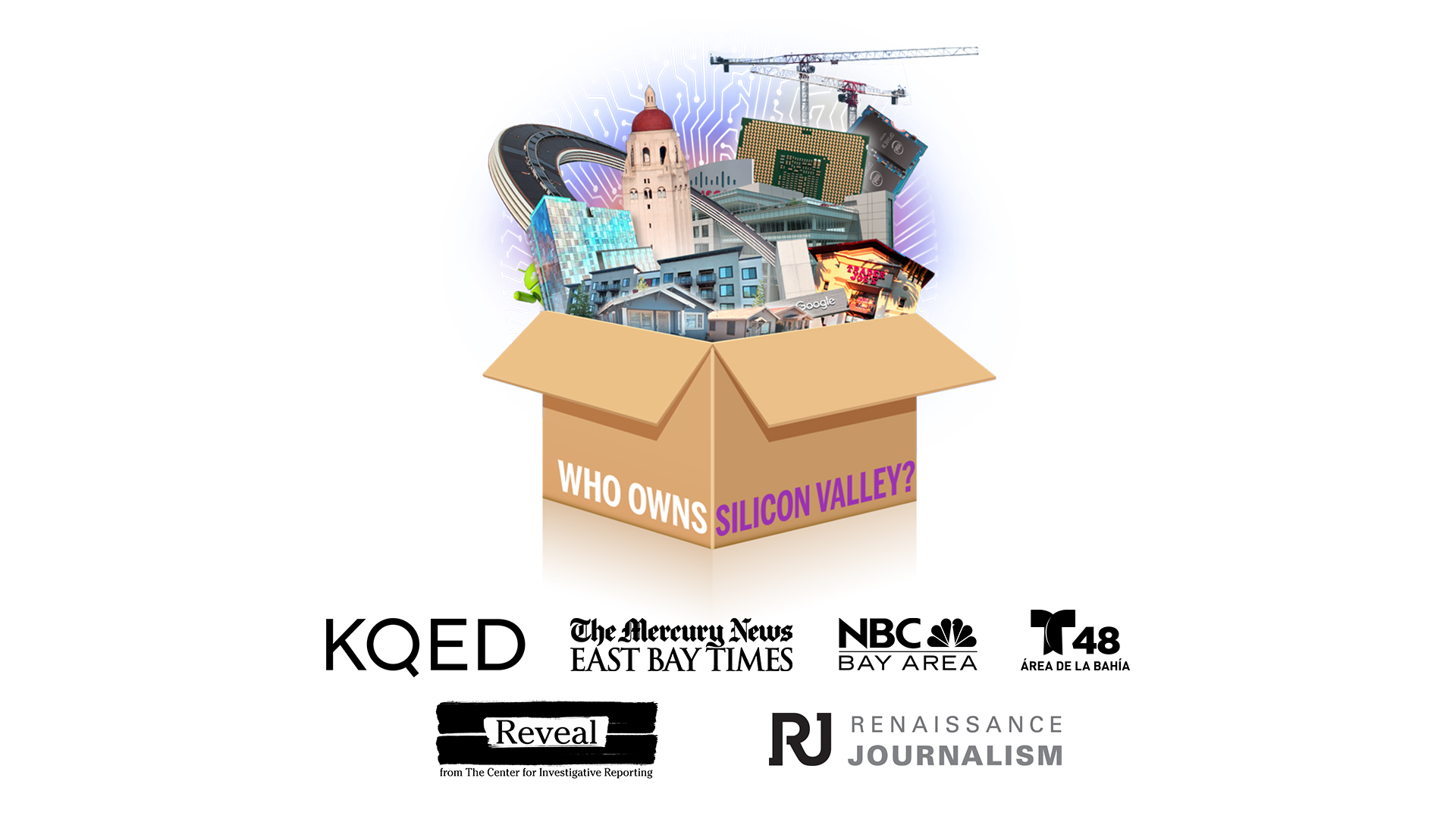Apple’s housing offer eclipses recent large commitments from other tech giants to address the state’s housing crisis. Both Facebook and Google have pledged $1 billion in recent months. In January, Microsoft made a $500 million investment to ease similar pressures near its headquarters in the Seattle area.
The announcement comes as California grapples with how to keep pace with growing housing demand — by one estimate, the state must build more than 3 million homes by 2025.
“The sky-high cost of housing — both for homeowners and renters — is the defining quality-of-life concern for millions of families across this state, one that can only be fixed by building more housing,” Gov. Gavin Newsom said in an Apple press release. “This partnership with Apple will allow the state of California to do just that.”
People who want to own or rent a home in California increasingly face tight supply in high-demand areas. While the crisis has a wide reach, the struggle to find new housing at an affordable price is even more daunting for the millions of people who haven’t benefited from the tech boom that has made some into billionaires.
Apple’s plan includes $1 billion to create a mortgage assistance fund for first-time homebuyers, and another $1 billion that will be an open line of credit to support building “very low- to moderate-income housing,” the company said.
Here’s Apple’s projected breakdown of the $2.5 billion in aid:
- $1 billion affordable housing investment fund
- $1 billion first-time homebuyer mortgage assistance fund
- $300 million worth of land Apple owns in San Jose, which will be available for affordable housing
- $150 million Bay Area housing fund, consisting of long-term forgivable loans and grants
- $50 million to support vulnerable people: Apple is donating $50 million to support Destination: Home’s efforts to address homelessness in Silicon Valley, and will look for similar philanthropies throughout the state
“Before the world knew the name Silicon Valley, and long before we carried technology in our pockets, Apple called this region home, and we feel a profound civic responsibility to ensure it remains a vibrant place where people can live, have a family and contribute to the community,” said Apple CEO Tim Cook in the company’s release.
The move, however, marks a major shift in tactics for the iconic company, which unlike Google and Facebook has traditionally distanced itself from high-profile civic engagement projects. That general lack of involvement has been a source of criticism among some local advocacy groups, which argue that Apple has largely abdicated its responsibility to address community issues.
“They have walled themselves inside their mini-Pentagon as if they don’t participate in community life here,” Amie Fishman, executive director of the Non-Profit Housing Association of Northern California, told Reveal last month. “And that’s really insulting and wrong. So I welcome Apple to come to the table and be part of the community that they benefit from.”
On Monday, Vermont Sen. Bernie Sanders, a 2020 Democratic presidential candidate, was quick to criticize the company’s announcement, accusing the company of “throwing pennies” at the housing crisis he said Apple helped create.
“Apple’s announcement that it is entering the real estate lending business is an effort to distract from the fact that it has helped create California’s housing crisis — all while raking in $800 million of taxpayer subsidies, and keeping a quarter trillion dollars of profit offshore, in order to avoid paying billions of dollars in taxes,” Sanders said in a statement.
“Apple is committed to being a good neighbor and helping to write the next chapter of the region that has been a great home of innovation and creativity for generations,” said Lisa Jackson, Apple’s vice president of Environment, Policy and Social Initiatives.
Jackson said Apple crafted its approach to match the broad reach of the housing crisis, from helping first-time homebuyers to backing philanthropies that support people who are at the greatest risk of experiencing homelessness.

